Noticia
UPS researcher promotes cultural policies for the Kitu Kara community
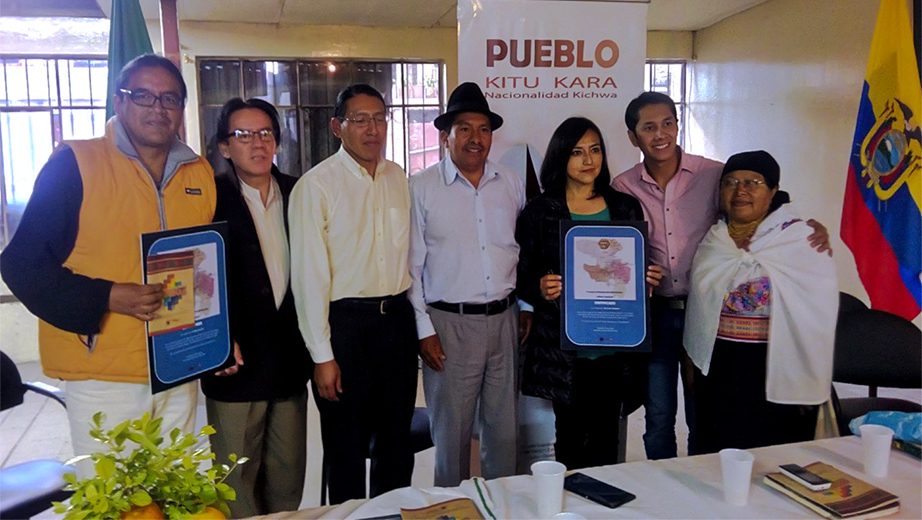
Freddy Simbaña from the Education and Interculturality Research Group (Grupo de Investigación en Educación e Interculturalidad (GIEI) in the university's branch campus in Quito took part in the project titled "Construcción de una agenda programática del Pueblo Kitu Kara para la defensa de territorios y gobiernos comunitarios". The aim was to suggest public policies for the Kitu Kara community in the construction of Distrito Metropolitano de Quito (DMQ) as an inclusive city and intercultural.
This project began in 2016 with the participation of representatives from the Kitu Kara community and authorities from DMQ, who consolidated the "Political agenda for the Kitu Kara community" after holding debates, analyzing public policies, having workshops and seminars. The agenda was presented in the Santa Clara de San Millán Auditorium in Quito, in presence of Confederación de Nacionalidades y Pueblos del Ecuador (CONAIE), Secretaría de Inclusión del Municipio de Quito, la Plataforma de Derechos Humanos, Democracia y Desarrollo (PIDHDD) and People in Need (PIN.)
The creation of the agenda followed an intercultural, critical and pedagogical process through four discussion roundtables: land, territory and environment; community governments; culture, identity and means of life; and social, political and community participation.
The tables had three moments: design of a base document with objectives, research instruments and legal regulations; On-site visits to selected communities to collect information on specific cases and issues, and verification of information collected from national and international instruments, in order to agree on public policy guidelines.
Simbaña led the table "Culture, identity and means of life", where they spoke about topics related to cultural policies, notions of culture, art, cultural endeavors, health, heritage, language, rites, and others. He said that "in the political field, culture, identity and means of life implies recognizing that there are social forces that in a determined historical situation tend to condition and homogenize the cultural production of Quito." The communities of the Kitu Kara people have a set of characteristics that are unique and different."
This project fits within the research line of: Epistemologies, knowledge and interculturality of the GIEI research group, which studies indigenous communities.
Contenidos Relacionados
Contenidos Relacionados
Noticias Relacionadas
Noticias Relacionadas

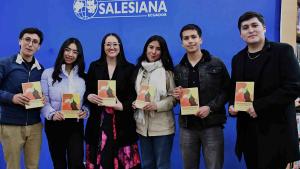
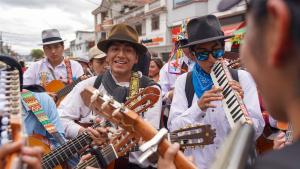
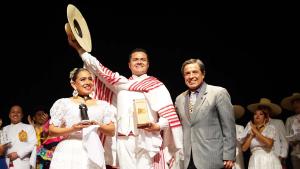
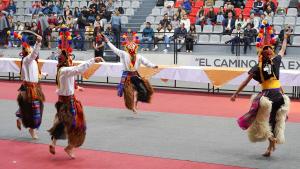
Follow us
Follow us